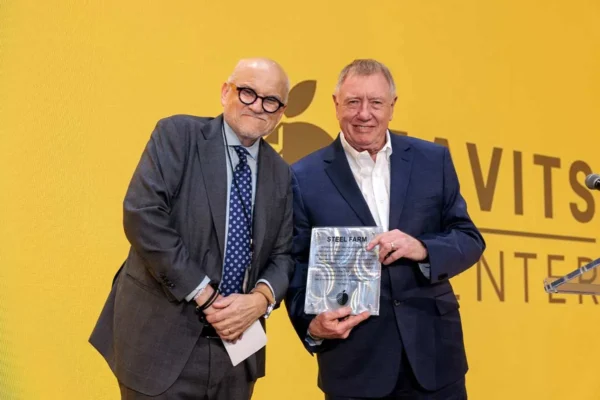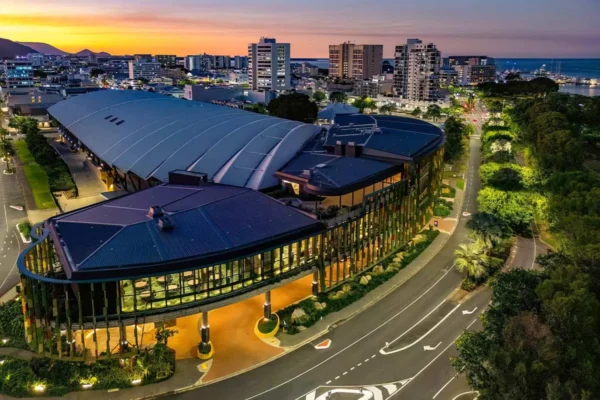A September press conference was held in Chicago announcing two major tradeshows had agreed to hold their events in the Windy City for the foreseeable future. The National Restaurant Show and the International Manufacturing Technology Show extended their contracts through 2021 and 2020, respectively. This was good news for the city because the National Restaurant Association has been holding its show in Chicago every year for the past 63 years and didn’t want to lose a show of this magnitude.
This announcement was made with much fanfare and self-congratulatory speeches. I remember a time when signing a big show wasn’t major news – it was expected. It was what we did, but it’s suddenly become a newsworthy event.
These are different times. The playing field has leveled between cities, and every show we sign to a long-term deal is a feather in our cap. Politicians are the first to take credit for the millions of dollars in economic benefits these shows bring to our city. I’m glad people have begun to acknowledge the importance of the tradeshow business to the economy of Chicago, and I don’t care if politicians take credit for the success of something they barely understand. It’s still rewarding to finally see after many years of being taken for granted. Growth in the tradeshow industry means jobs, packed restaurants, lines at the taxi stand and revenue for the city. This is welcome at any time. But during these difficult economic times, it’s even more gratifying.
It shouldn’t be a surprise major tradeshows choose Chicago. We have first-class facilities, a highly qualified workforce, a great centralized location and convenient access to all forms of transportation. In addition, we have excellent entertainment and dining options, so it makes sense to hold shows here. But, some shows began to shop around to other cities and found they had attractive features as well.
This created competition, which had never existed for Chicago. And when news began to leak about shows considering other cities, many chose to engage in finger-pointing rather than confront the real problems. The sacrificial lamb they chose to take the blame was labor unions. They felt this would accomplish two goals: get rid of something they viewed as an annoyance and take the heat off them.
Don’t get me wrong. Labor unions are far from blameless in this situation. I know. I’ve been in this business for 36 years. I’ve seen the benefits but also the shortsighted policies of the unions, which led to some of these problems. But in their defense, show me an organization run by human beings which claims to be without flaws, and I’ll show you an organization in denial.
So let’s make this clear: There is enough blame to go around. There was a complacent attitude, which permeated the industry. And being successful has a tendency to do that. The media pounced on this story and sensationalized it to the point that the story they told had very little in common with reality. This had a counter-productive effect on our competitiveness in the industry as it made conditions in Chicago appear worse than they really were. Furthermore, it sullied the reputation of a city always considered a prime location for a tradeshow.
But in every catastrophe there also is an opportunity. Crying “fire” in a crowded theater has very drastic consequences and should be done only when necessary. I hope Chicago has realized that every element of this industry depends upon each other.
There is a lot to lose with perpetual acrimony, and it can have unintended negative consequences that can blow up in your face. Every segment of this industry is an integral part of the supporting structure, and you can’t weaken one area of the framework without the structure collapsing. A true partnership involves acknowledging a mutual right to exist and not just a temporary lull in self-destructive warfare. Only time will tell if this lesson has been learned.































